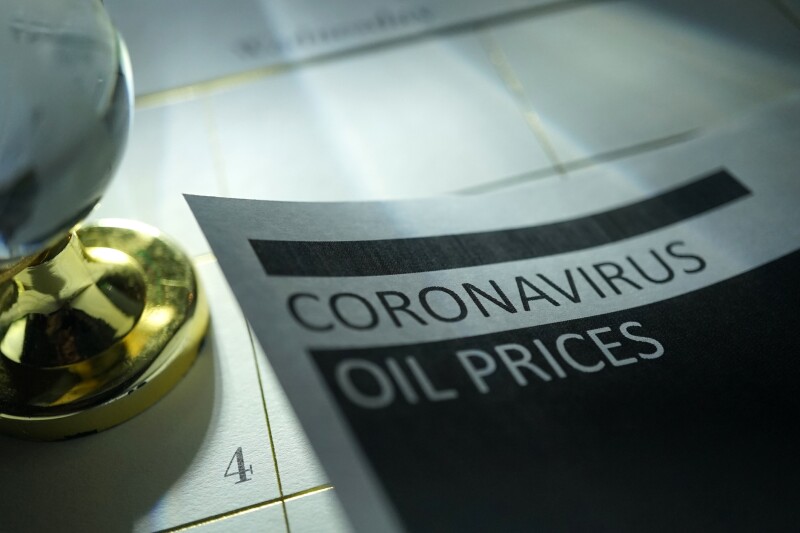OPEC and its nonmember partner nations, known together as OPEC+, have agreed to raise their collective production by another 400,000 B/D for the month of February. In what has become a routine exercise over the past year, the decision made on 4 January means that OPEC+ is holding the line on its plan to return production to pre-pandemic levels by the end of 2022.
Upon the news of the decision the US crude benchmark rose by 1.7% and was trading at $77.32/bbl. Brent crude, the international benchmark, was similarly up about 1.5% and trading above $80 for the first time since November.
The latest move to increase global crude supplies comes as the world grapples with a sharp uptick in COVID-19 cases thanks to the highly transmissible Omicron variant.
By next month, OPEC+ will have a required production ceiling of almost 40.9 million B/D—more than half of which will come from just two countries. OPEC member Saudi Arabia and non-OPEC ally Russia will have production quotas of 10.2 million B/D each.
OPEC+ also emphasized “the critical importance” of noncompliant members to continue participating in the compensation plan which was adopted for those nations that failed to make good on the cuts they agreed to in 2020.
In May of 2020, OPEC+ began reducing its total output by an unprecedented 9.7 million B/D after it was apparent that the world was facing its first pandemic in more than a century. By July of last year, the global economy showed signs of recovering and OPEC+ responded with a new agreement to gradually reverse the cuts by 400,000 B/D each month pending approval by the group’s ministerial representatives.
Earlier in the week, OPEC voted to elevate Kuwait’s Haitham al-Ghais as its next secretary general. He will assume the role in August and replace Nigeria’s Mohammed Barkindo, who has held the group’s top position since 2016 and has now served his maximum of two terms. Al-Ghais is the deputy managing director for international marketing at Kuwait Petroleum Corp. and was previously Kuwait’s chief OPEC representative from 2017 to 2021.
Al-Ghais said in interview with Reuters that maintaining the agreement to gradually increase output is at the top of his agenda. “It’s in the wider interest of the industry and all the 23 countries that have signed up to this agreement,” he told the news agency this week.
Despite the moves to increase production, not everyone is convinced that OPEC+ can return all of its shut-in production to the market as quickly as it is signaling. Because of this, coupled with the perceived weakness of the US shale sector’s ability to bounce back, financial analysts at Goldman Sachs, JP Morgan, Blackstone, and elsewhere see a greater probability that the $100/bbl oil threshold may be reached this year or next.


